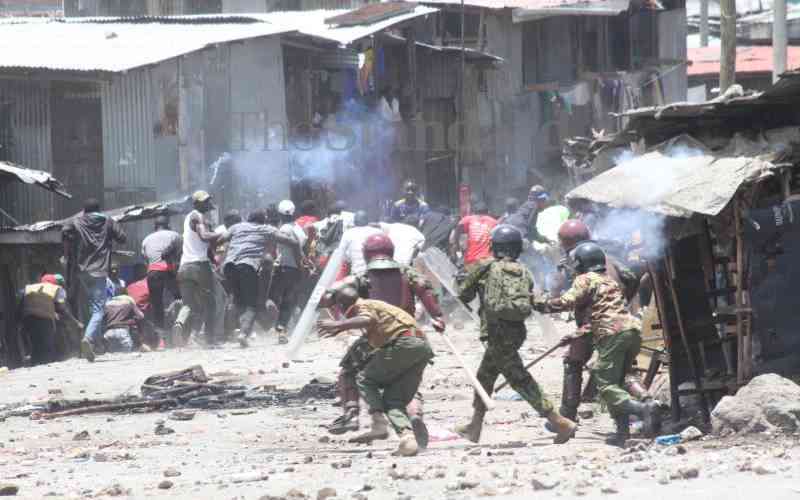×
The Standard e-Paper
Kenya’s Boldest Voice

Foreign powers led by the US are working behind the scenes to resolve another political standoff in Kenya that poses a threat to regional peace.
The missions released a statement early this week, saying they were "deeply concerned" with the violence seen on Monday and called on leaders involved to find a swift solution to stop the demonstrations.